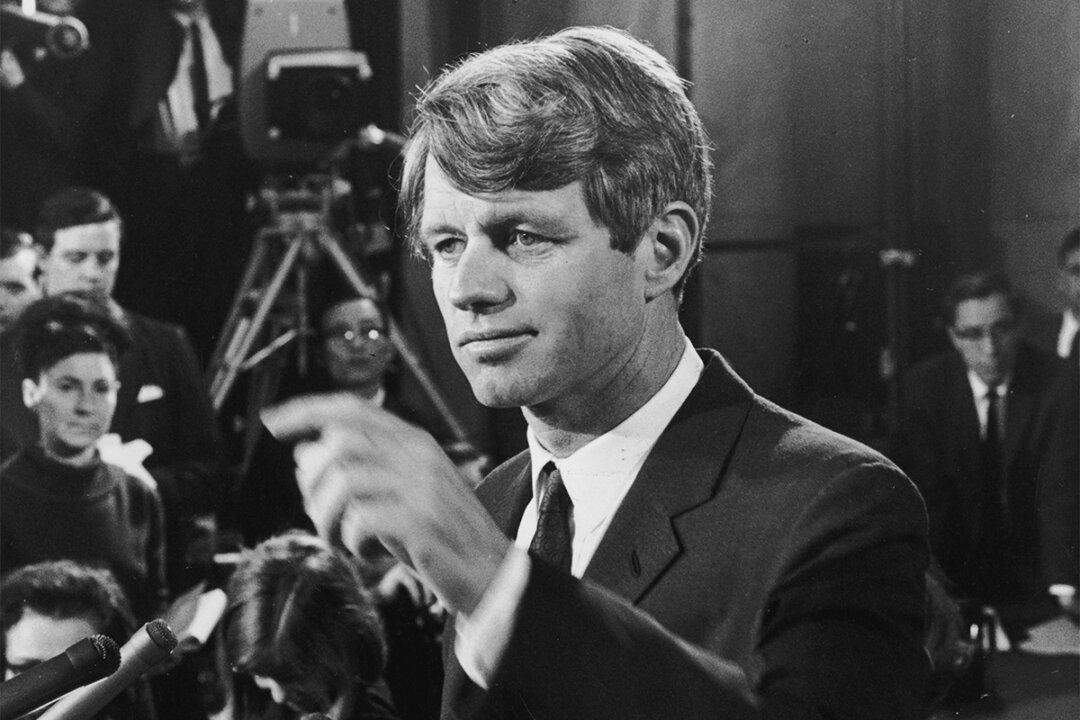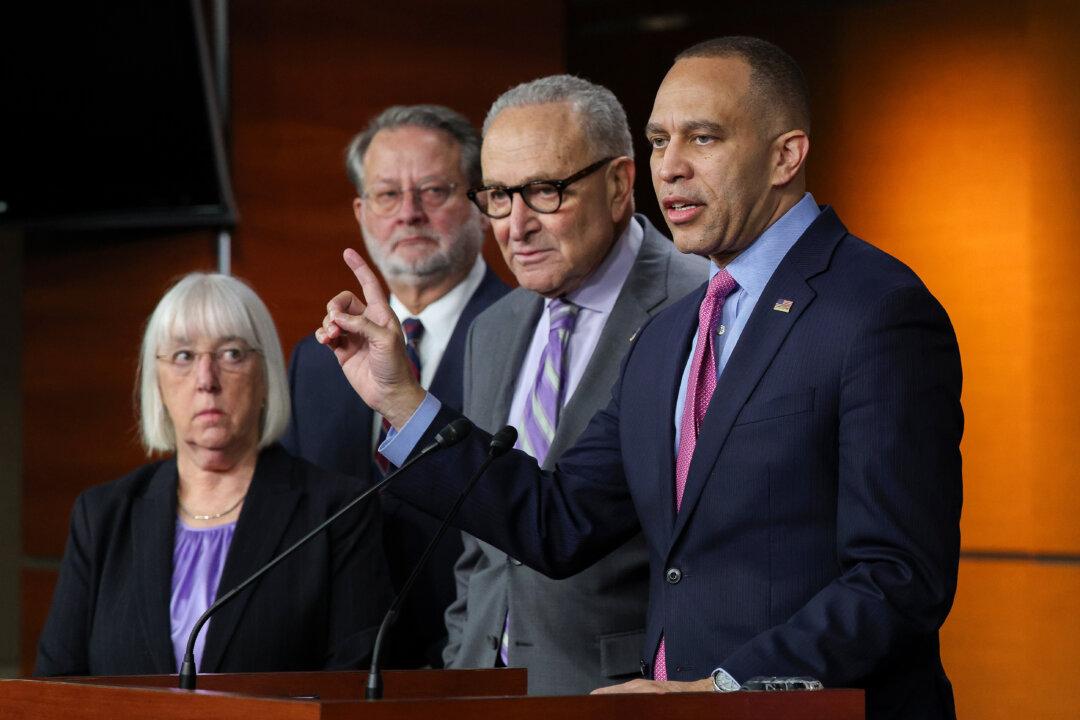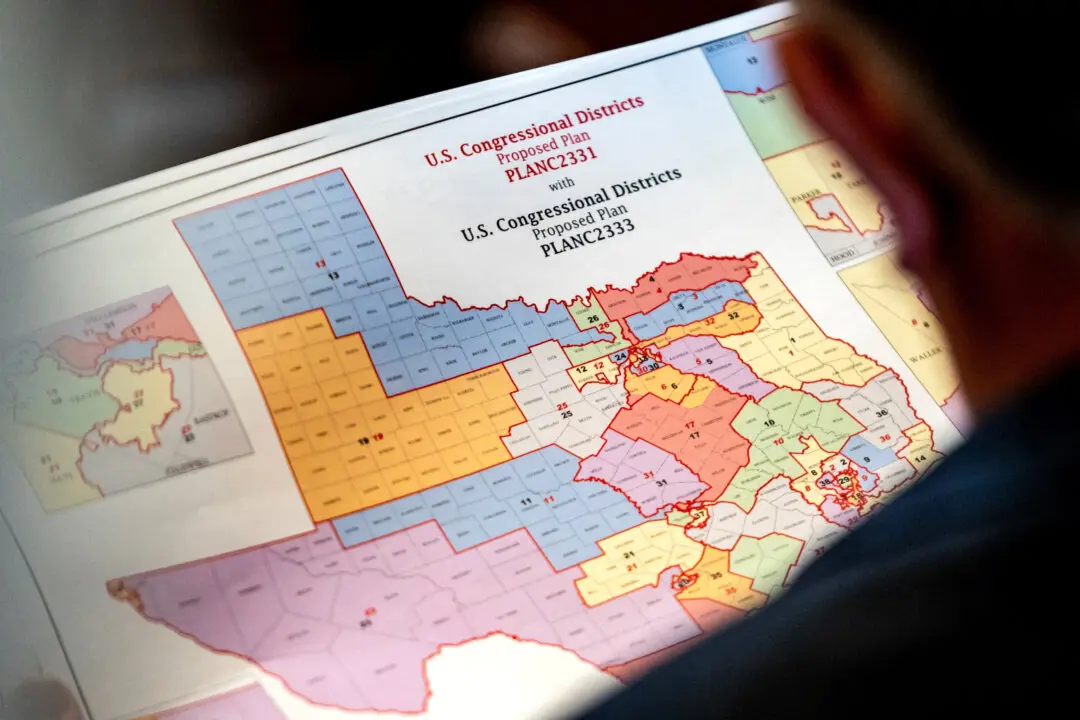More than 10,000 pages of previously classified government records related to the 1968 assassination of Senator Robert F. Kennedy were released by the Trump administration on Friday, April 18.
The documents, now available online through the National Archives website, were digitized and declassified under a directive from President Donald Trump, who pledged to increase transparency within the intelligence community. The move marks the first public release of federal files specifically concerning RFK’s assassination, which had remained largely inaccessible for decades.





